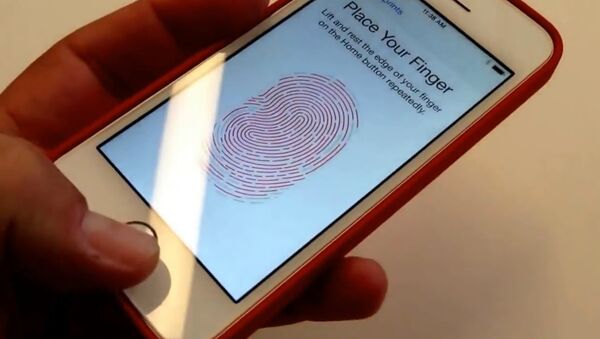“Fingerprint sensors have so far been used as an input device. We have shown for the first time that fingerprint sensors can be re-purposed to send out information that is confined to the body,” online Science journal, Digit, reported Shyam Gollakota, Assistant Professor at University of Washington (UW) as saying.
One of the biggest issues with wireless communication is the possibility of a security breach as the medium of data exchange is through the air. On the other hand, this newly discovered method uses the human body and can limit any potential hacking.
According to the scientists, method works in different positions such as standing, sitting and sleeping.
“Let’s say I want to open a door using an electronic smart lock,” said co-lead author Mehrdad Hessar, a UW electrical engineering doctoral student. “I can touch the doorknob and touch the fingerprint sensor on my phone and transmit my secret credentials through my body to open the door, without leaking that personal information over the air.”
The process uses a sequence of finger scans to encrypt and transmit data. Performing a finger scan correlates to a 1-bit of digital data and not performing the scan correlates to a 0-bit.
This technology may also come in handy to secure key transmissions to medical devices such as glucose monitors or insulin pumps, which look for confirmation of someone’s identity before sending or sharing the data.
The research was funded by the Intel Science and Technology Center for Pervasive Computing, a Google faculty award and the National Science Foundation.



